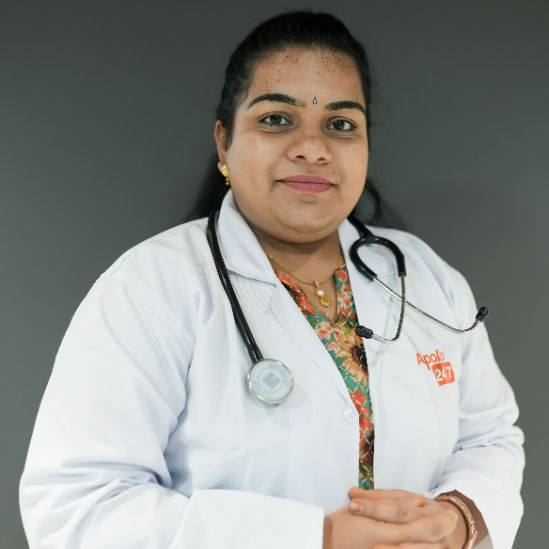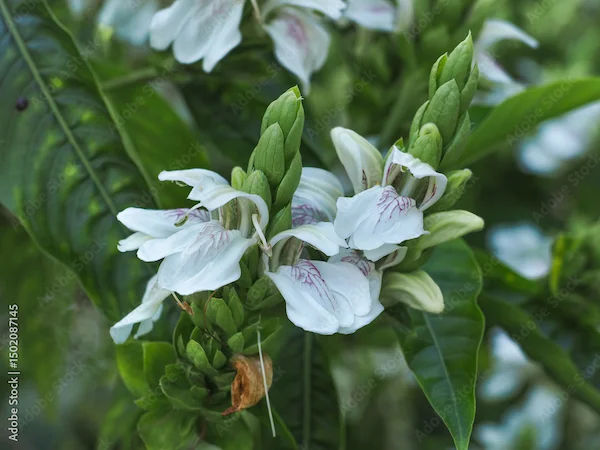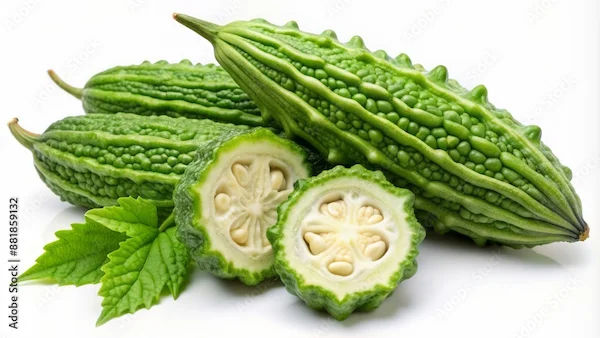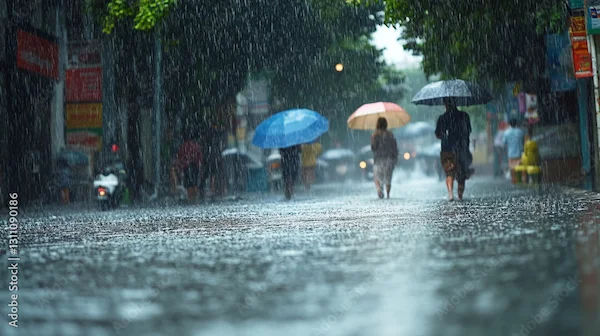Preventing Malaria and Dengue in Monsoon
Explore key strategies for preventing malaria and dengue during the monsoon, including how these diseases spread, common symptoms to watch for, and when to seek medical attention for timely treatment

Written by Dr. Dhankecha Mayank Dineshbhai
Reviewed by Dr. Siri Nallapu MBBS
Last updated on 20th Aug, 2025

Introduction
The monsoon season brings relief from the scorching summer heat, but it also creates the perfect breeding ground for mosquitoes that spread diseases like malaria and dengue. These illnesses can cause severe health problems if not prevented or treated early. The good news is that with simple precautions, you can protect yourself and your family.
In this article, we’ll discuss:
What malaria and dengue are
Common symptoms to watch for
How these diseases spread
Prevention tips to stay safe
When to seek medical help
Understanding Malaria and Dengue
Malaria and dengue are mosquito-borne illnesses that can cause serious health issues.
1. What is Malaria?
Malaria is a life-threatening disease caused by a parasite called Plasmodium, transmitted through the bite of an infected female Anopheles mosquito. These mosquitoes usually bite between dusk and dawn.
2. What is Dengue?
Dengue is a viral infection spread by the Aedes mosquito, which typically bites during the day (early morning or late afternoon). Severe dengue (also called dengue haemorrhagic fever) can be dangerous if not treated promptly.
Consult Top Specialists for Personalised Tips
Common Symptoms of Malaria and Dengue
Malaria and Dengue often present with symptoms such as:
Malaria Symptoms
High fever with chills and sweating
Headache and body aches
Fatigue and weakness
Nausea or vomiting
In severe cases: confusion, seizures, or difficulty breathing
Dengue Symptoms
Sudden high fever (104°F or higher)
Severe headache, especially behind the eyes
Muscle and joint pain (often called "breakbone fever")
Skin rash
Mild bleeding (nose or gum bleeding, easy bruising)
Warning signs of severe dengue: Persistent vomiting, severe abdominal pain, rapid breathing, blood in vomit or stool
If you or a loved one experience these symptoms, consult a doctor immediately. Early diagnosis and treatment can prevent complications.
How Do Malaria and Dengue Spread?
Both diseases spread through mosquito bites, but the breeding habits of these mosquitoes differ:
Malaria-causing mosquitoes breed in stagnant water like ponds, puddles, and uncovered water tanks.
Dengue-causing mosquitoes breed in clean stagnant water found in flower pots, discarded tires, water coolers, and uncovered containers.
Since mosquitoes thrive in humid and waterlogged conditions, the monsoon season increases the risk of these diseases.
How to Prevent Malaria and Dengue
Prevention is the best way to stay safe. Here are some simple yet effective steps:
1. Eliminate Mosquito Breeding Sites
Remove stagnant water: Regularly empty and clean water containers, flower pots, and coolers.
Cover water storage: Keep water tanks and buckets tightly covered.
Dispose of waste properly: Discard old tires, bottles, and coconut shells where water can collect.
2. Protect Yourself from Mosquito Bites
Use mosquito nets while sleeping, especially for infants and elderly individuals.
Apply mosquito repellent (containing DEET, picaridin, or lemon eucalyptus oil) on exposed skin.
Wear full-sleeved clothing to reduce skin exposure.
Install window and door screens to keep mosquitoes out.
3. Maintain Clean Surroundings
Keep your home and neighborhood clean.
Use mosquito coils or electric vaporizers in high-risk areas.
Fogging and larvicidal sprays can help reduce mosquito populations.
4. Boost Your Immunity
Eat a balanced diet rich in vitamins (especially Vitamin C) to strengthen immunity.
Stay hydrated to help your body fight infections.
5. Seek Medical Help Early
If you develop fever or other symptoms, do not ignore them. Get tested for malaria or dengue through a blood test. Early treatment can prevent severe complications.
When to See a Doctor?
Consult a healthcare provider if:
Fever lasts more than 2-3 days
Symptoms worsen (severe headache, vomiting, bleeding)
You live in or have traveled to a high-risk area
Final Thoughts
Malaria and dengue are serious but preventable diseases. By taking simple precautions like keeping your surroundings clean, using mosquito repellents, and removing stagnant water, you can significantly reduce the risk. Stay alert, recognize symptoms early, and seek medical help when needed.
Consult Top Specialists
Consult Top Specialists for Personalised Tips

Dr. Jawwad Mohammed Kaleem
General Practitioner
4 Years • MBBS
Hyderabad
Apollo 24|7 Clinic, Hyderabad

Dr. Shubham Chauhan
General Practitioner
4 Years • MBBS
Lucknow
Apollo 24|7 Clinic - Uttar Pradesh, Lucknow

Dr. Shaik Abdul Kalam
General Practitioner
3 Years • MD (Physician)
Visakhapatnam
Apollo 24|7 Clinic - Andhra Pradesh, Visakhapatnam
(100+ Patients)

Dr D M Karthik
General Practitioner
4 Years • MBBS, Fellowship in Diabetes Mellitus, Advance certificate in Diabetes Mellitus, Derma Nutrition Certification
Visakhapatnam
Apollo 24|7 Clinic - Andhra Pradesh, Visakhapatnam

Dr. Siri Nallapu
General Practitioner
5 Years • MBBS
Hyderabad
Apollo 24|7 Clinic, Hyderabad
Consult Top Specialists

Dr. Jawwad Mohammed Kaleem
General Practitioner
4 Years • MBBS
Hyderabad
Apollo 24|7 Clinic, Hyderabad

Dr. Shubham Chauhan
General Practitioner
4 Years • MBBS
Lucknow
Apollo 24|7 Clinic - Uttar Pradesh, Lucknow

Dr. Shaik Abdul Kalam
General Practitioner
3 Years • MD (Physician)
Visakhapatnam
Apollo 24|7 Clinic - Andhra Pradesh, Visakhapatnam
(100+ Patients)

Dr D M Karthik
General Practitioner
4 Years • MBBS, Fellowship in Diabetes Mellitus, Advance certificate in Diabetes Mellitus, Derma Nutrition Certification
Visakhapatnam
Apollo 24|7 Clinic - Andhra Pradesh, Visakhapatnam

Dr. Siri Nallapu
General Practitioner
5 Years • MBBS
Hyderabad
Apollo 24|7 Clinic, Hyderabad




